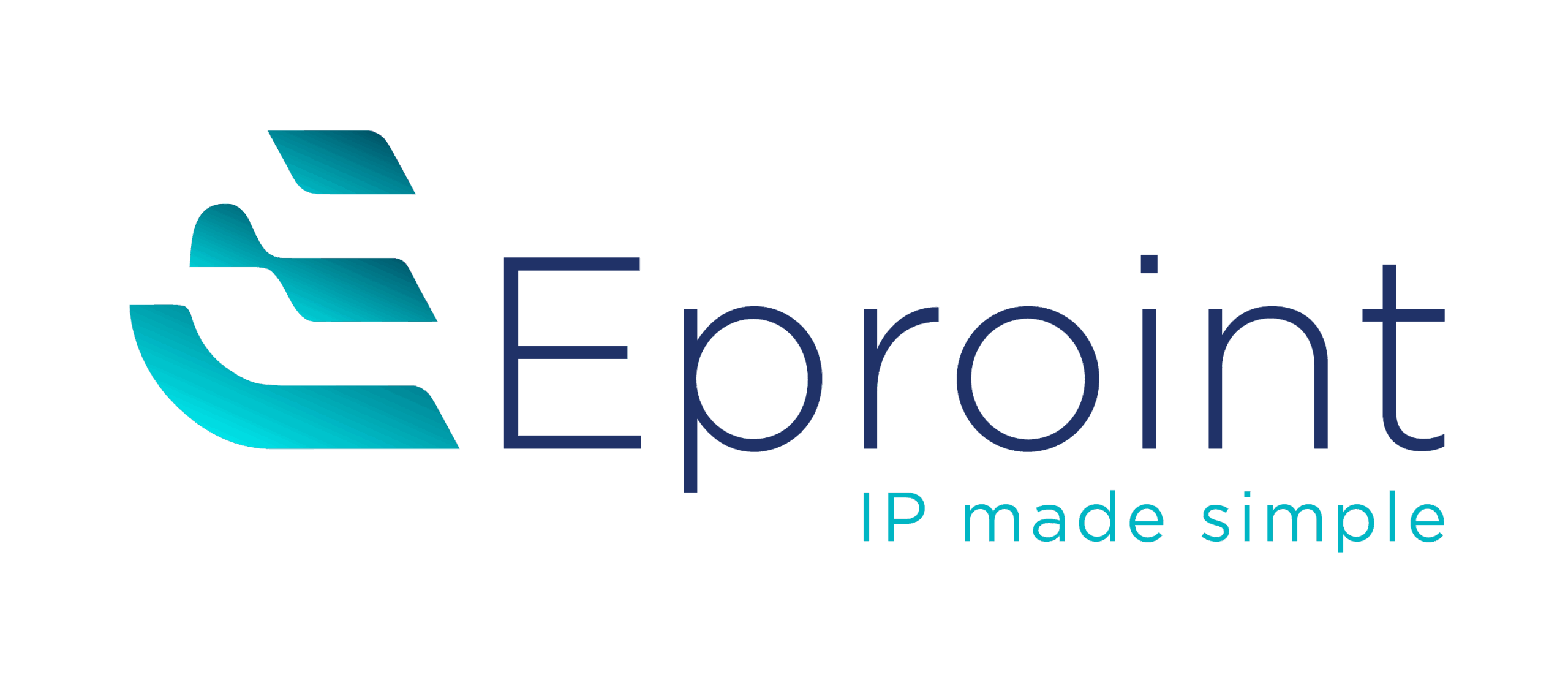The Caribbean region stands at a crucial crossroads in its intellectual property development journey, facing significant challenges in its patent and trademark administration systems. A recent meeting between Eproint and the World Intellectual Property Organization (WIPO) highlighted the pressing issues affecting patent protection in the Caribbean and proposed potential solutions for strengthening the regional intellectual property ecosystem.
Current Structural Challenges
The Caribbean’s patent offices face fundamental operational challenges that significantly impact their effectiveness. Most notably, many jurisdictions suffer from understaffing, with some offices operating with just a single area responsible for managing multiple registration types – from patents and trademarks to company registrations and property records. This understaffing creates a bottleneck in the system, making it particularly challenging to implement much-needed training programs, as staff cannot be spared from their daily operational duties.
The Legislative Landscape
One of the most striking revelations from the meeting was the outdated nature of the region’s industrial property laws. Many of these regulations date back to the 19th century and lack modern provisions necessary for today’s intellectual property landscape. While WIPO has been actively working to promote legislative modernization, progress has been slow due to various institutional constraints.
A Regional Solution: The Case for Centralization
Among the most promising solutions discussed during the meeting was the establishment of a regional patent office. This centralized authority would consolidate patent registration functions across the Caribbean, potentially offering several advantages:
- More efficient resource allocation
- Standardized examination procedures
- Enhanced expertise concentration
- Improved service delivery
However, this initiative faces two significant hurdles:
- The need for strong political will from regional governments
- The challenge of harmonizing diverse national legislations
The Role of Stakeholders
The meeting emphasized that patent applicants themselves could play a crucial role in driving system improvements. By actively advocating for better patent protection systems, stakeholders can help pressure local governments to prioritize intellectual property rights and infrastructure development.
Moving Forward: A Strategic Approach
WIPO advocates for a comprehensive strategy to address these challenges, encompassing several key elements:
- Continued focus on legislative modernization to bring regulations into the 21st century
- Development of mechanisms to build political support for a regional patent office
- Engagement with patent applicants to strengthen advocacy for system improvements
- Investment in training and capacity building for patent office staff
Conclusion
The path to a robust patent system in the Caribbean requires concerted effort from multiple stakeholders. While the challenges are significant, the proposed solutions – particularly the establishment of a regional office – offer a promising way forward. Success will depend on maintaining momentum in legislative reform while building the political and institutional support necessary for meaningful change.
The conversation between Eproint and WIPO marks an important step in recognizing and addressing these challenges. As the region continues to develop its innovation ecosystem, the strengthening of its patent system will play a crucial role in attracting investment and fostering technological advancement in the Caribbean.



